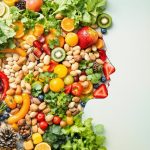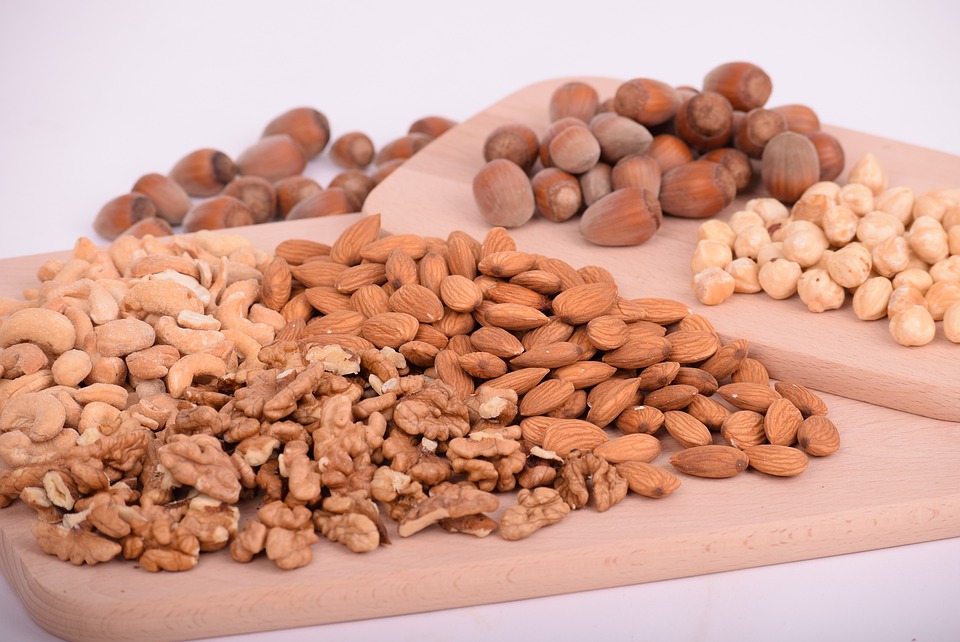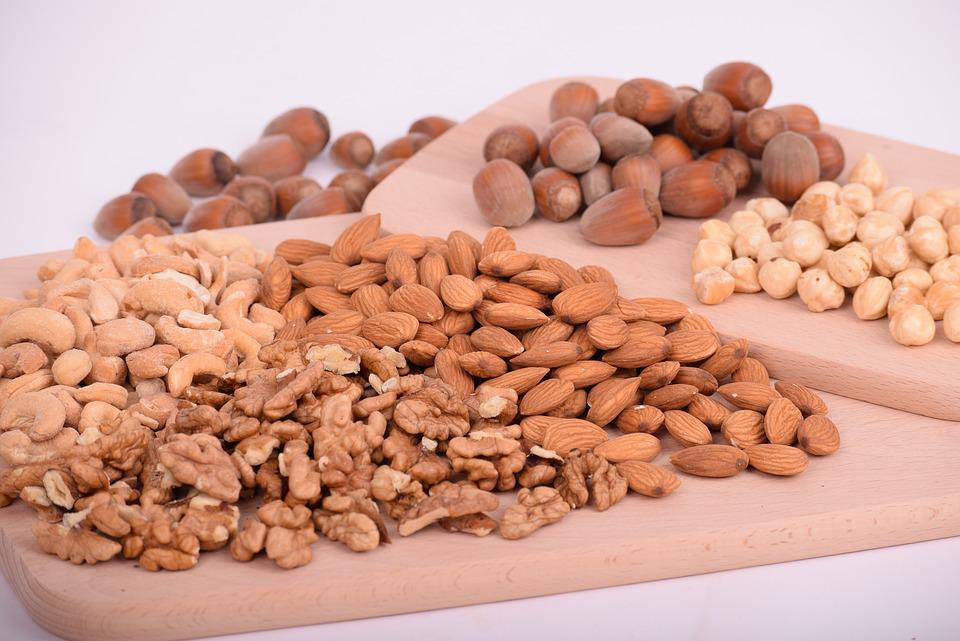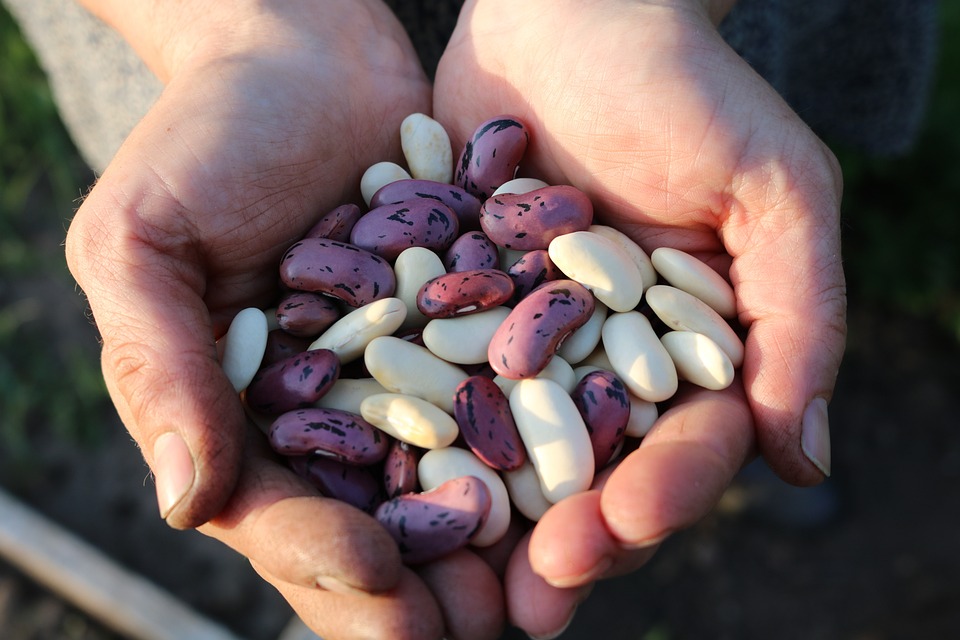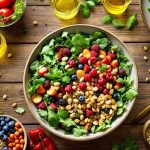
Mastering vegetarian nutrition boosts your well-being and offers a host of health benefits. Focus on key nutrients like protein from legumes, soy, and nuts, and enhance iron absorption by pairing with vitamin C-rich foods. Include fortified foods for vitamin B12 and seek natural sunlight or fortified options for vitamin D. Omega-3s from algae supplements provide essential fatty acids, supporting cardiovascular health and mood. This balanced diet lowers disease risks and aids in weight management while promoting sustainability. Changing gradually makes the shift smoother, helping you avoid deficiencies. As you explore further, you’ll find even more ways to thrive.
Understanding Vegetarian Nutrition
Understanding vegetarian nutrition starts with recognizing the different types of vegetarian diets and their unique characteristics. Your journey can include a vegan diet, which excludes all meat and animal products, or a lacto vegetarian diet, which includes dairy.
You might find freedom in the lacto-ovo vegetarian diet, enjoying dairy and eggs alongside plant foods. If you seek balance, consider the semi-vegetarian diet, embracing mostly plant-based foods with occasional meat or fish, or the pescetarian diet, which includes fish and seafood.
Mastering vegetarian nutrition calls for insightful meal planning and awareness of diverse food sources. Break free from monotony by incorporating a wide variety of fruits, vegetables, whole grains, nuts, and legumes into your meals. It’s crucial to pay attention to key nutrients such as Vitamin B-12 and Omega-3 fatty acids, which may require supplementation or fortified food sources for those on plant-based diets. For those over 40, regular meal planning and preparation can support adherence to dietary goals.
Look into foods that replace meat’s presence without missing its nutrients—like nuts for healthy fats or legumes for protein. Food choices should empower you, so practice thoughtful meal planning that liberates your taste buds and nurtures your health.
Read labels, manage portions, and seek fortified options to guarantee a balanced diet. Balancing your nutritional intake lets you thrive while enjoying the ethical and health benefits of vegetarian living.
Essential Nutrients for Vegetarians
Beginning a vegetarian journey means guaranteeing you’re getting all the essential nutrients your body needs to thrive. With mindful nutrient timing and meal planning, you can embrace liberation through balanced nutrition. Let’s plunge into crucial nutrients every vegetarian should consider.
Making protein powerhouses part of your meals guarantees muscle maintenance and satiety. Incorporate legumes, whole grains, soy products, nuts, and pseudo-cereals into your diet. Iron absorption is key; pair iron-rich foods like fortified cereals and leafy greens with vitamin C sources like oranges or strawberries to enhance it. It’s also important for maintaining energy levels through iron-rich dietary choices combined with regular physical activity.
Calcium intake is also crucial for maintaining bone health. Integrate dairy products like milk and yogurt or choose plant-based options such as fortified plant milks and leafy greens like kale and collard greens.
| Nutrient | Rich Sources |
|---|---|
| Protein | Legumes, tofu, whole grains |
| Iron | Fortified cereals, dark leafy greens |
| Calcium | Fortified plant-based milks, leafy greens |
| Vitamin B12 | Fortified nutritional yeast, soy milk |
| Vitamin D | Fortified milks, UV-exposed mushrooms |
Don’t forget calcium for bone health — fortified plant milks, tofu, and leafy greens are your allies. Vegetarians may require vitamin B12 and vitamin D, found in fortified foods or via supplements, to fill dietary gaps.
Empower yourself with strategic meal planning and nutrient timing, and you’ll unleash the full potential of a vegetarian lifestyle, optimizing health while enjoying freedom and variety in your meals.
Health Benefits of Plant-Based Eating
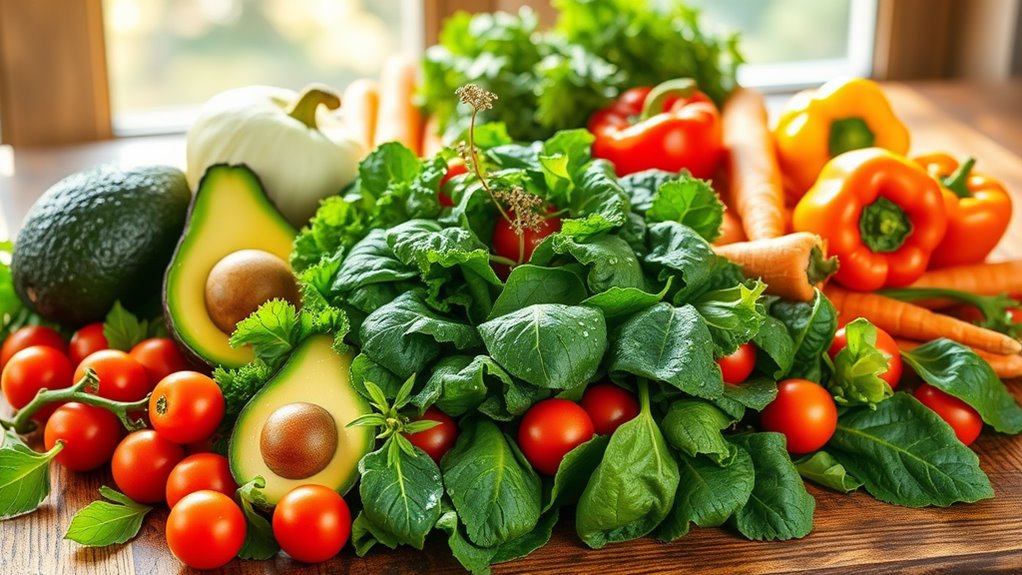
When you embrace a plant-based diet, you’re not just choosing a meal plan, but greatly boosting your health by reducing disease risks. This lifestyle is linked to lower cholesterol and blood pressure, improved weight management, and even decreased cancer risks. Furthermore, the abundance of fiber and essential nutrients in plant foods supports both physical and mental well-being. Additionally, focusing on whole grains, fruits, and vegetables is associated with maintaining a healthy weight and reducing the likelihood of obesity.
Disease Risk Reduction
Adopting a vegetarian diet can considerably mitigate disease risks, particularly through its positive impact on cardiovascular health, blood pressure, and diabetes management. This approach to eating serves as a powerful CVD prevention strategy.
When you embrace vegetarianism, you tap into the benefits of essential nutrients like dietary fiber, which are pivotal in managing cholesterol and blood glucose levels. Studies demonstrate that individuals at high risk for cardiovascular disease experience improved LDL cholesterol levels and blood sugar control after just six months of adhering to a vegetarian diet. The high fiber content plays a considerable role in these health enhancements.
With plant-based diets, you’re likely to experience a drop in blood pressure and achieve healthier weight management. This reduction in weight, averaging around 3.4 kilograms, contributes greatly to lowering heart disease and stroke risks.
Even if blood pressure readings don’t change considerably, the overall lifestyle improvements introduced by this diet can’t be ignored.
Additionally, a vegetarian diet is linked to a reduced incidence of Type 2 Diabetes by promoting better blood glucose levels and weight loss. Elevating your intake of anti-inflammatory fiber and antioxidants will help regulate blood sugar, offering a long-term guard against these chronic diseases.
Nutritional Advantages
There’s a world of nutritional benefits waiting for those who choose a plant-based diet. Imagine nourishing your body with a diet that bursts with nutrient diversity and achieves dietary balance. You’ll find yourself consuming lower levels of saturated fat and cholesterol, while welcoming a higher intake of complex carbohydrates, fiber, and essential phytochemicals. Foods rich in vitamins C and E, folic acid, magnesium, and potassium contribute to your holistic well-being. Your meals will be colorful with vibrant carotenoids and flavonoids that support overall health.
| Nutrient Type | Sources |
|---|---|
| Protein | Legumes, nuts, seeds, soy, whole grains |
| Iron | Enhanced by vitamin C, found in legumes |
| Zinc | Nuts, tofu, miso, wholegrain foods |
| Calcium | Fortified milk, leafy greens |
Encourage balance through adequate intake of macronutrients and essential micronutrients. Embrace whole grains, legumes, and a variety of fresh fruits and vegetables for dietary excellence, supporting goals like heart health and stable blood sugar levels. Choose high-fiber, low-glycemic foods, avoiding unnecessary fats and sodium. This lifestyle choice not only enhances your individual health but also supports economic and environmental sustainability, freeing you to make well-rounded, conscious decisions for yourself and the planet.
Enhancing Cardiovascular Wellness
Through mindful choices in your diet, you can enhance cardiovascular wellness considerably.
Prioritize heart health by including high-fiber and unsaturated fats, which boost blood vessel function and help lower cholesterol. The plant-powered approach not only reduces “bad” LDL cholesterol levels but also liberates your heart from the oppressive grip of traditional high-fat diets.
These dietary fats, sourced from avocados, nuts, and seeds, are your allies.
Integrating more plant-based foods paves the way for enduring cardiovascular benefits without sacrificing flavor.
Here are key steps to help your heart soar:
- High fiber intake from fruits, vegetables, and grains supports cholesterol management and stabilizes blood sugar.
- Unsaturated fats like those in soybeans and nuts improve cholesterol profiles and lower blood pressure.
- Antioxidants and polyphenols from a wide variety of fruits and whole grains reduce inflammation and enhance heart protection.
- A robust plant-centered diet lowers risks of heart attacks, strokes, and other cardiovascular diseases by up to 52%.
- Consuming foods rich in omega-3 fatty acids, such as salmon and chia seeds, can reduce inflammation and lower the risk of heart disease.
Cancer Prevention Through Diet
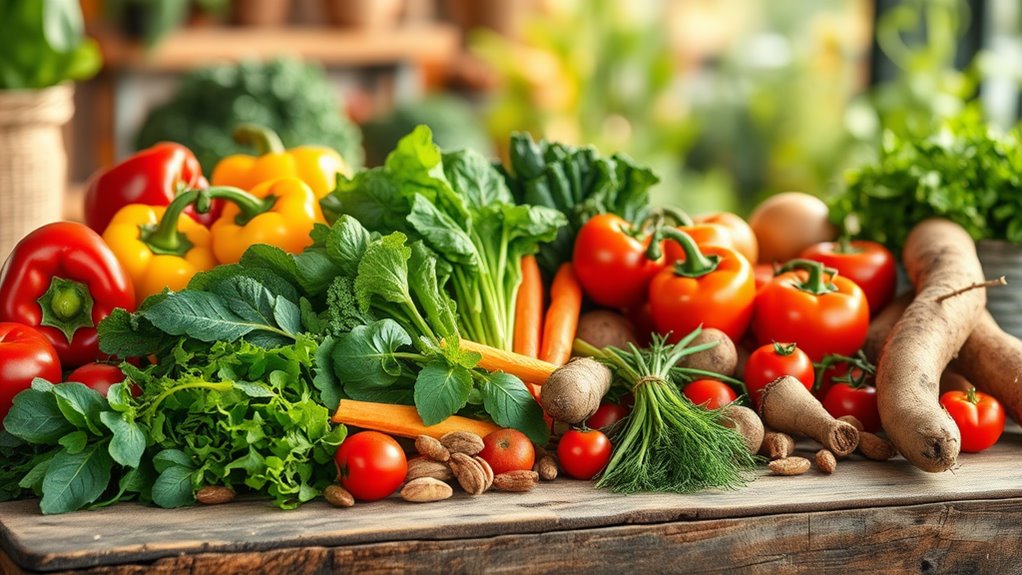
While boosting cardiovascular wellness with a plant-powered diet, it’s equally important to recognize the potent role such a diet plays in cancer prevention. Cancer research highlights that reducing meat consumption, especially processed and red meat, can decrease your cancer risk. High-temperature cooking and chemical preservatives in meats exacerbate this danger. Embracing meat alternatives in your diet empowers you to step away from these risks while fortifying your body. Plant-based diets, rich in phytochemicals, fiber, antioxidants, and carotenoids, are your allies in the fight against cancer. These nutrients don’t just help combat cancer but also promote overall health. With the right mix of fruits, vegetables, nuts, seeds, and pulses, you can greatly reduce your risk of colorectal, breast, and prostate cancers. Walking can also enhance cardiovascular health, adding another layer of protection to your wellness regimen.
| Plant Foods | Cancer Prevention Benefits |
|---|---|
| Fruits & Veggies | Antioxidants reduce cellular damage |
| Pulses & Legumes | Fiber aids digestion, reduces risks |
| Nuts & Seeds | Healthy fats, boost immune function |
| Meat Alternatives | Lower cancer risks from processed meat |
It’s time to chart your path towards liberation from dietary constraints and cancer risks. By embracing nutrient-rich plant foods and meat alternatives, you’re not only fighting to prevent cancer but also empowering your body to thrive.
Bone Health Strategies
Restoring bone health begins with understanding the crucial nutrients required for maintaining strong and healthy bones.
You’ll need to focus on integrating key nutrients into your daily diet to guarantee your bones remain as resilient as your spirit. Embrace the liberation that comes with knowledge, and take charge of your body’s foundation.
To nourish your bones effectively, consider these strategies:
- Calcium Sources: Aim for about 600 milligrams daily from leafy greens, beans, and fortified plant milks. This plant-powered trio will be your backbone for calcium intake.
- Vitamin D Absorption: Sunlight is your friend, but fortified cereals, grains, and vegan supplements are essential, especially during the UK’s sunless months from October to March.
- Vitamin K: Found in dark leafy greens and soy products, this vitamin stimulates bone formation, helping you build strength from the inside out.
- Potassium: Enjoy oranges, bananas, and potatoes to decrease calcium loss and bolster bone building.
Live vibrantly with weight-bearing exercises like dancing, a healthy BMI, and direct sunlight exposure.
Use these strategies for a diet that fuels both your health and your desire for freedom, guaranteeing you’re not just living, but thriving.
Protein Sources and Sustainability
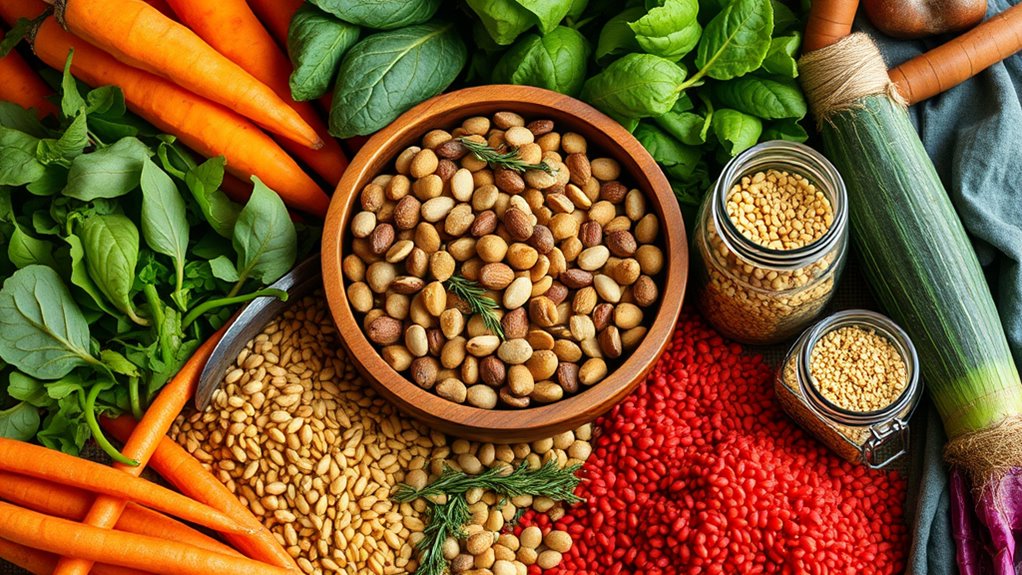
Bone health isn’t the only aspect of nutrition where vegetarians can thrive; let’s look at protein sources and sustainability. Embracing plant-based protein can liberate you from the environmental shackles of meat production.
Imagine filling your plate with protein-rich legumes like lentils, black beans, and chickpeas. Lentils offer 18 grams of protein per cup, making them a powerhouse for nourishment and sustainability.
Switching gears to whole grains, quinoa jumps out with its 8 grams per cup and complete protein profile. Quinoa and oats not only offer nutritional benefits but also have a lighter environmental footprint compared to many animal products. They’re water-efficient, empowering you to make a choice that aligns with global sustainability efforts.
Incorporating soy products like tofu and edamame into your diet isn’t just an exercise in variety; it’s a stand for responsible resource use. With tofu packing 15 grams of protein per quarter block, you can enjoy the benefits of all essential amino acids with minimal environmental impact.
Opt for seasonal, locally sourced foods to further reduce your carbon footprint. Through sustainable sourcing of plant-based proteins, not only support your own well-being, but you also contribute to a more balanced ecosystem.
Transitioning to Vegetarianism
As you start incorporating meatless meals into your diet, focus on choosing nutrient-rich vegetarian options that provide a variety of flavors and textures.
Begin with familiar dishes and gradually explore new plant-based recipes that guarantee you’re getting all the essential nutrients.
Starting Meatless Meals
When commencing on the journey to a vegetarian lifestyle, starting with meatless meals a few times a week is a practical approach. This gradual change allows you to embrace new flavors and liberate your diet without feeling overwhelmed.
By exploring meatless recipes, you can set your spirit free from the shackles of traditional meals. Meal planning becomes your ally, guaranteeing each day is filled with excitement and novelty.
To ease into this change, consider these steps:
- Adopt themed days: Embrace “Meatless Monday” or “Vegan Wednesday” to establish consistency.
- Track your favorites: Keep a binder or digital list of vegetarian recipes you’ve enjoyed.
- Prepare in advance: Dedicate time during weekends to cook legumes, roast vegetables, and prep your week’s meals.
- Explore substitutions: Delight in plant-based proteins like beans, lentils, and tofu instead of meat.
Freedom lies in discovering and enjoying a diverse array of plant-based dishes.
Planning your meals guarantees a smooth journey—shop smartly and embrace the liberation that comes with mindful eating. By gradually increasing vegetarian meals, you’ll soon find the way to a more vibrant and healthful lifestyle.
Nutrient-Rich Vegetarian Choices
Embracing a vegetarian lifestyle requires understanding nutrient-rich vegetarian choices to meet your dietary needs. Plant proteins are abundant in legumes like beans, peas, and lentils. These not only pack in protein but also offer excellent fiber sources, perfect for promoting digestive health.
Whole grains, such as quinoa, boast complete proteins and essential amino acids that can liberate you from relying solely on animal products. Look to nuts and seeds like almonds, cashews, and sunflower seeds for an invigorating dose of plant-based protein and healthy fats.
Soy options, including tofu and edamame, provide high protein too. For those enjoying eggs and dairy, they remain solid protein contributors.
Calcium and vitamin D are critical, especially if ditching dairy—fortified soy or almond milks can bridge the gap. Munch on calcium-rich broccoli or kale to further shore up your intake.
Don’t forget iron, found in beans or spinach. Boost absorption with vitamin C-packed foods like bell peppers.
Avoiding Nutritional Deficiencies
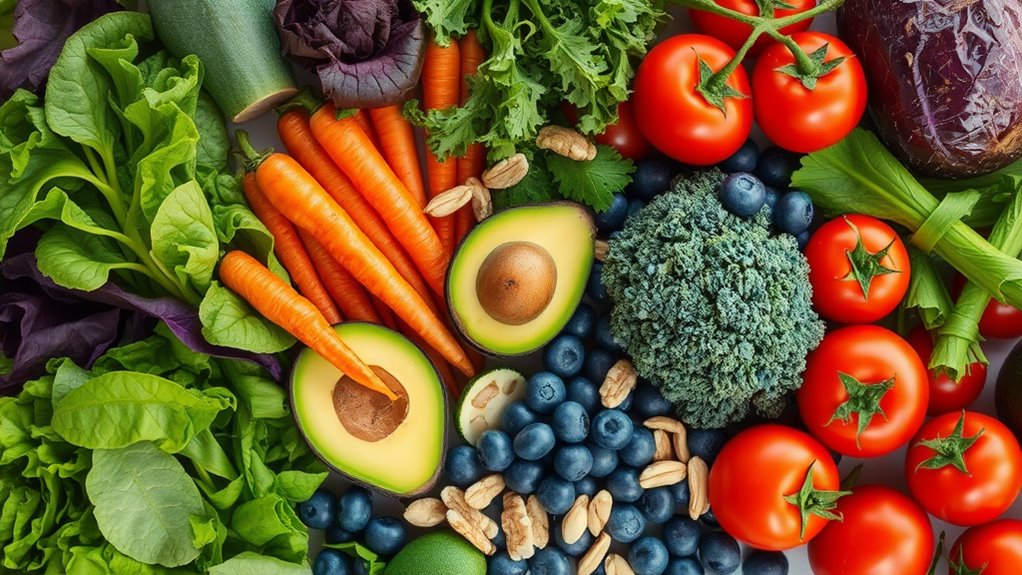
Shifting to a vegetarian lifestyle can be rewarding, but it’s important to be aware of potential nutritional gaps that might arise.
With careful nutrient planning and diligent deficiency monitoring, you can enjoy the many benefits of a plant-based diet while maintaining ideal health. Certain nutrients need special attention, especially when you’ve chosen to exclude animal products.
- Vitamin B12: Since it’s found exclusively in animal foods, consider fortified options like breakfast cereals or soy products, or use supplements to prevent deficiency.
- Iron: Prioritize plant sources such as lentils and dark leafy greens, and pair them with vitamin C-rich foods to enhance absorption.
Regular deficiency monitoring, especially in expectant mothers, is vital.
– Omega-3s and DHA: Though fatty fish and fish oil are common sources, you can opt for algae-based supplements.
Incorporating flaxseeds or chia seeds can help but be mindful of the lower conversion rate to DHA.
– Calcium and Vitamin D: Important for bone health, they can be sourced from fortified foods and, in the case of vitamin D, sunlight.
Supplement as needed for liberation from potential deficiencies.



